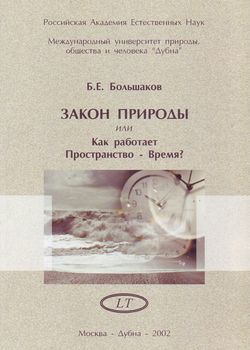Petrov Andrey Evgenievich, Doctor of Technical Sciences, Professor of the Department of Computer-Aided Engineering and Design at NUST MISIS, Academician of the Russian Academy of Natural Sciences, Member of the Russian Cosmic Society and International Scientific School of Sustainable Development named after P.G. Kuznetsov, editor-in-chief of the electronic scientific publication “Sustainable Innovative Development: Design and Management”
Shamaeva Ekaterina Fedorovna, Candidate of Technical Sciences, Associate Professor, Associate Professor of the Department of Nature Management, State University of Management
Popov Eugene Borisovich, chief technologist at RTC “Anklav” LLC, Member of International Scientific School of Sustainable Development named after P.G. Kuznetsov
Abstract
To date, several attempts have been made to consistently present the biography of P.G. Kuznetsov and the evolution of his ideas. The purpose of this work is to provide a consistent, comprehensive, but capacious idea of the life and scientific work of Kuznetsov in the format of an encyclopedic article, based on disparate data from existing sources. The authors express confidence that this material can become a digest for all those wishing to briefly familiarize themselves with the life history and main ideas of Pobisk Georgievich, and also hope that in the future this text will serve as a basis for writing a full-fledged book biography.
KEYWORDS: Pobisk Kuznetsov, biography of the scientist, scientific significance, publishing activities.
Download appendix ON THE BIOGRAPHY OF P.G. KUZNETSOV![]()

 ПОСЛЕДНИЕ ЭКЗЕМПЛЯРЫ ТИРАЖА
ПОСЛЕДНИЕ ЭКЗЕМПЛЯРЫ ТИРАЖА


